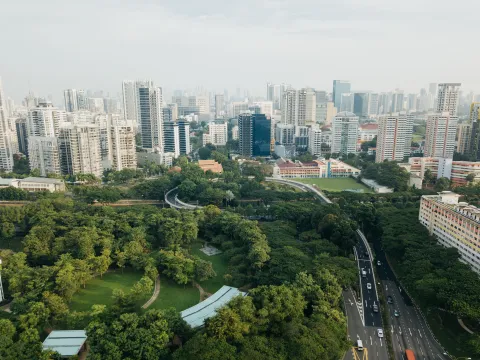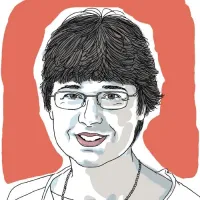How do we make our cities more equitable and inclusive?
From public participation to inclusion, to thinking of all people when creating resources, to constantly asking questions, diverse perspectives offer insights into the inclusivity of cities.

Scholars and community members from a variety of academic and social backgrounds answer the question: "how do we make our cities more equitable and inclusive?" The focuses include rethinking public engagement, understanding inherited histories, being mindful of unique challenges, removing barriers to opportunity and success, and expanding participatory ecosystems. Heather Campbell, Professor and Director, School of Community and Regional Planning, offers her perspective on how we must question current processes and be ready to learn.

Heather Campbell
Professor and Director, School of Community and Regional Planning
We have to rethink our approaches to policy-making and implementation. Sounds boring? As urban planners we know there are no magic bullets to greater equity and inclusion. No one holds all the answers. Rhetorical flourishes without a commitment to the long grind of systemic institutional change deliver little. It requires posing uncomfortable questions of our governance processes and resource allocation systems. Of always asking who benefits?
I could have started by saying more equitable and inclusive cities are about the opportunity for everyone to have access to nature, affordable housing and utilities (water, light, heat, cooling), appropriate healthcare, fresh food, good education, dignified employment, cultural growth, a respected way of life, clean air, transport mobility, and the avoidance of the impacts of climatic variability. Such cities also require capable leadership and effective approaches to partnership and engagement. But these words are easy. The achievement of greater equity and inclusion in real time and real places is about hard choices and imperfect options, about partial improvements and unforeseen consequences, about joining up rather than perpetuating siloes. Most of all it is about the courage to act, and the humility to be ready to learn… again and again.
Read the full article from Trek Magazine